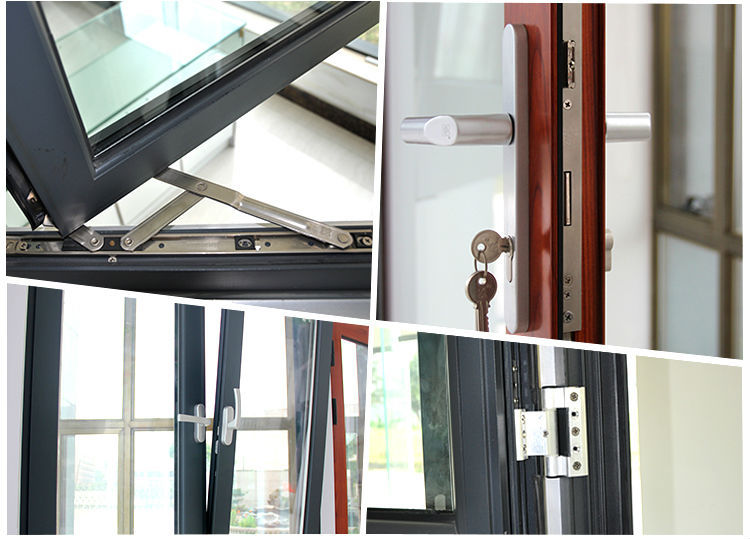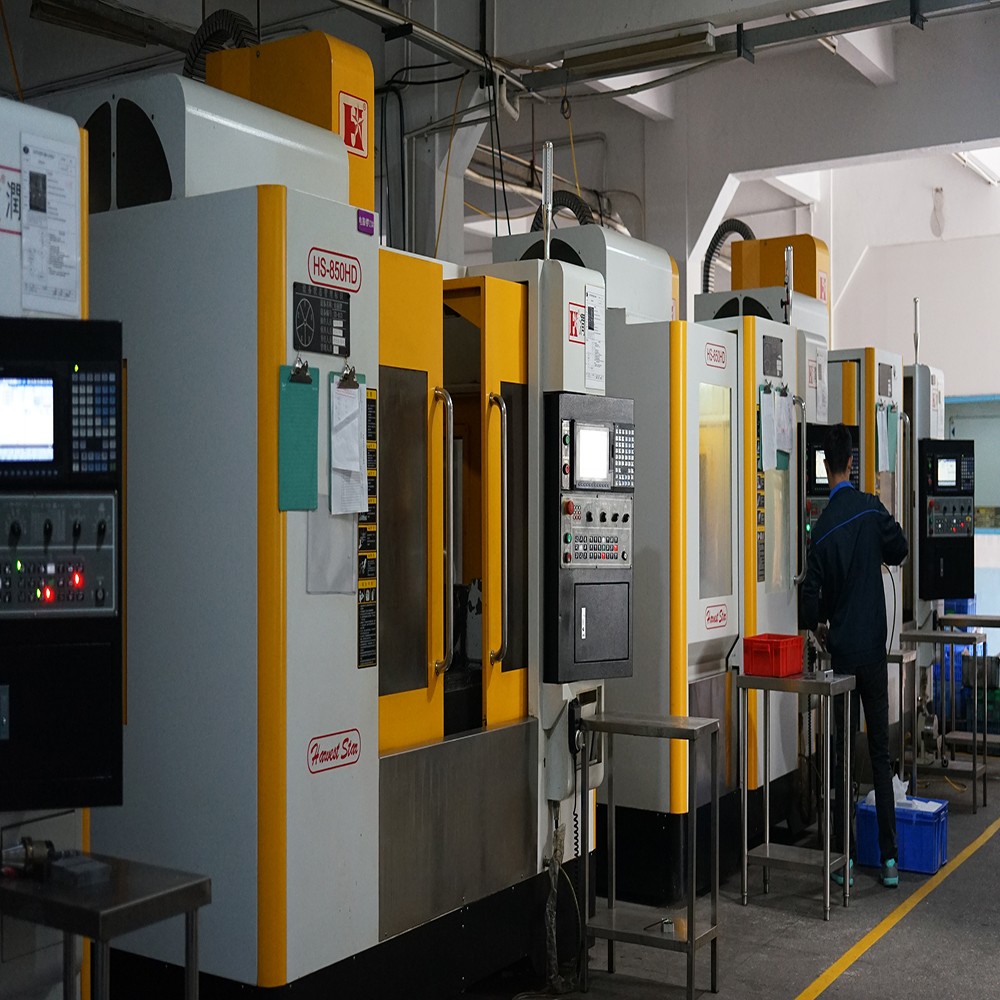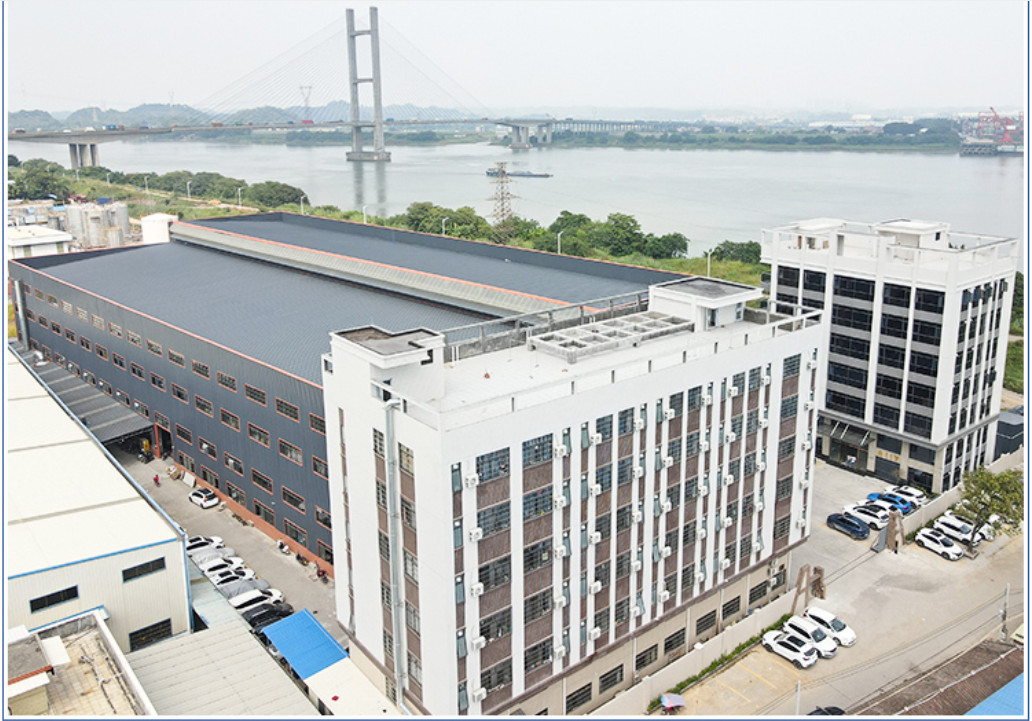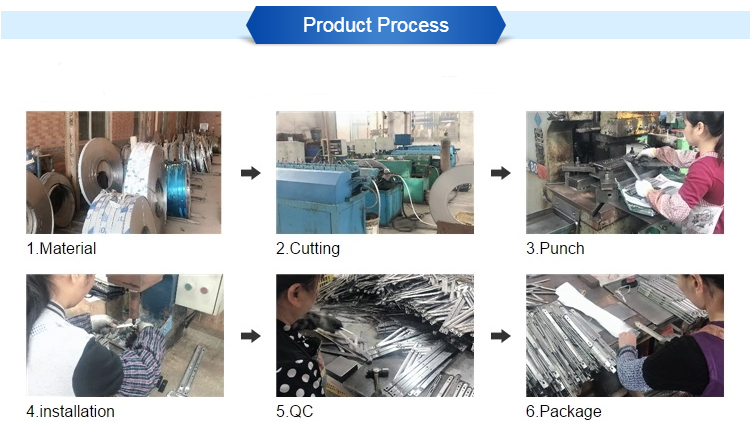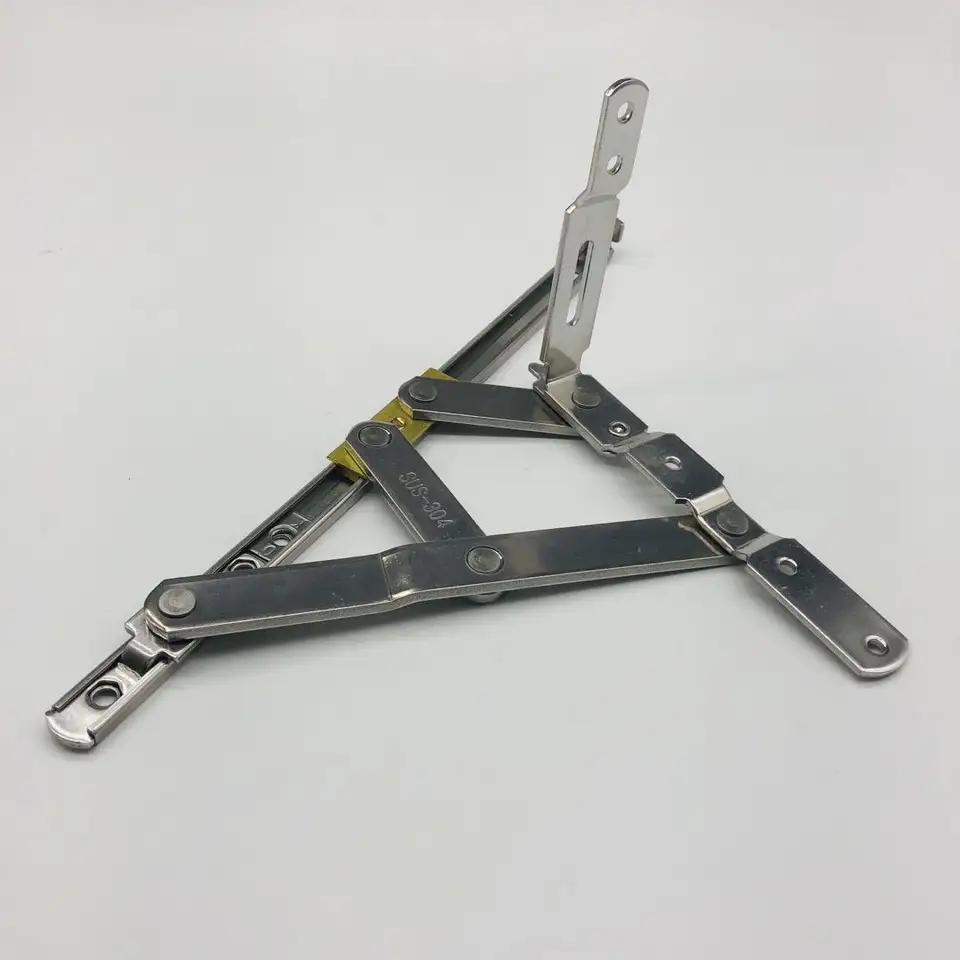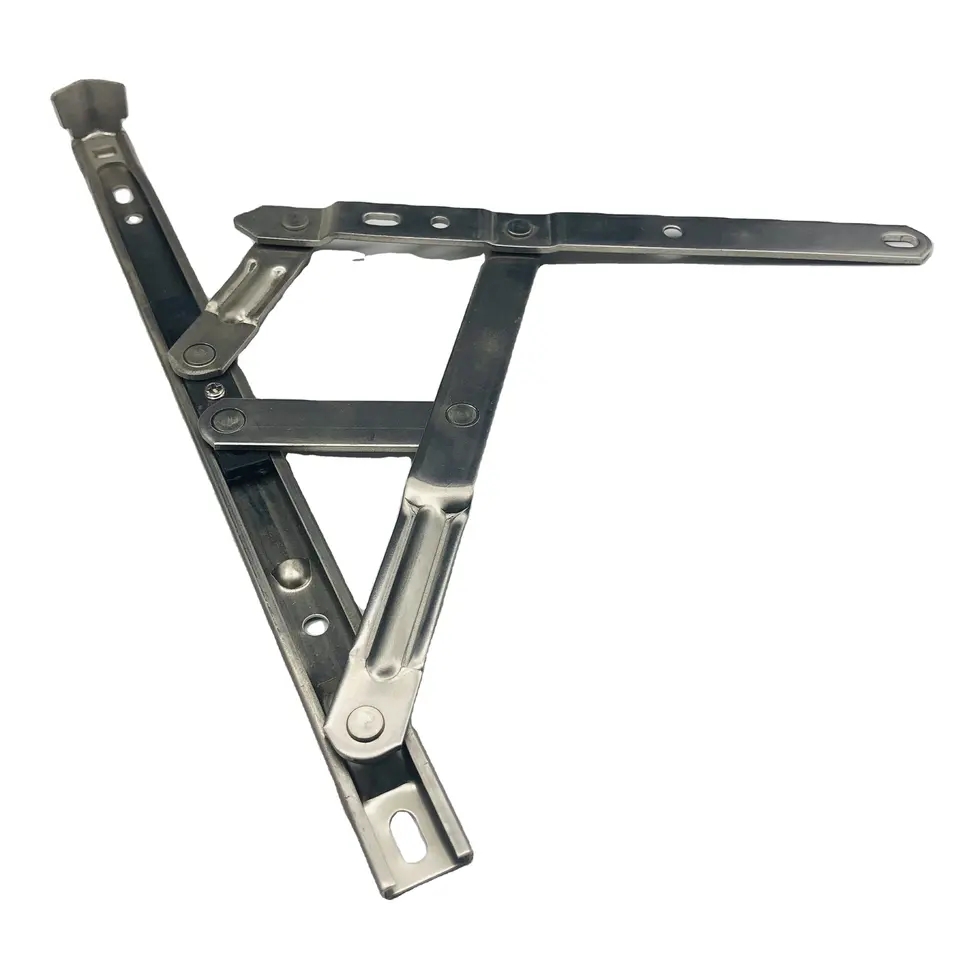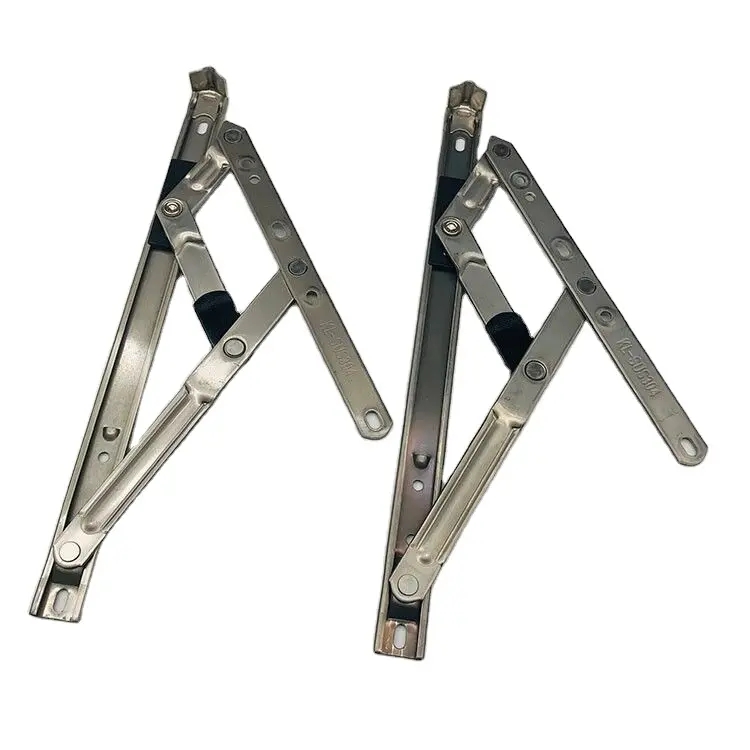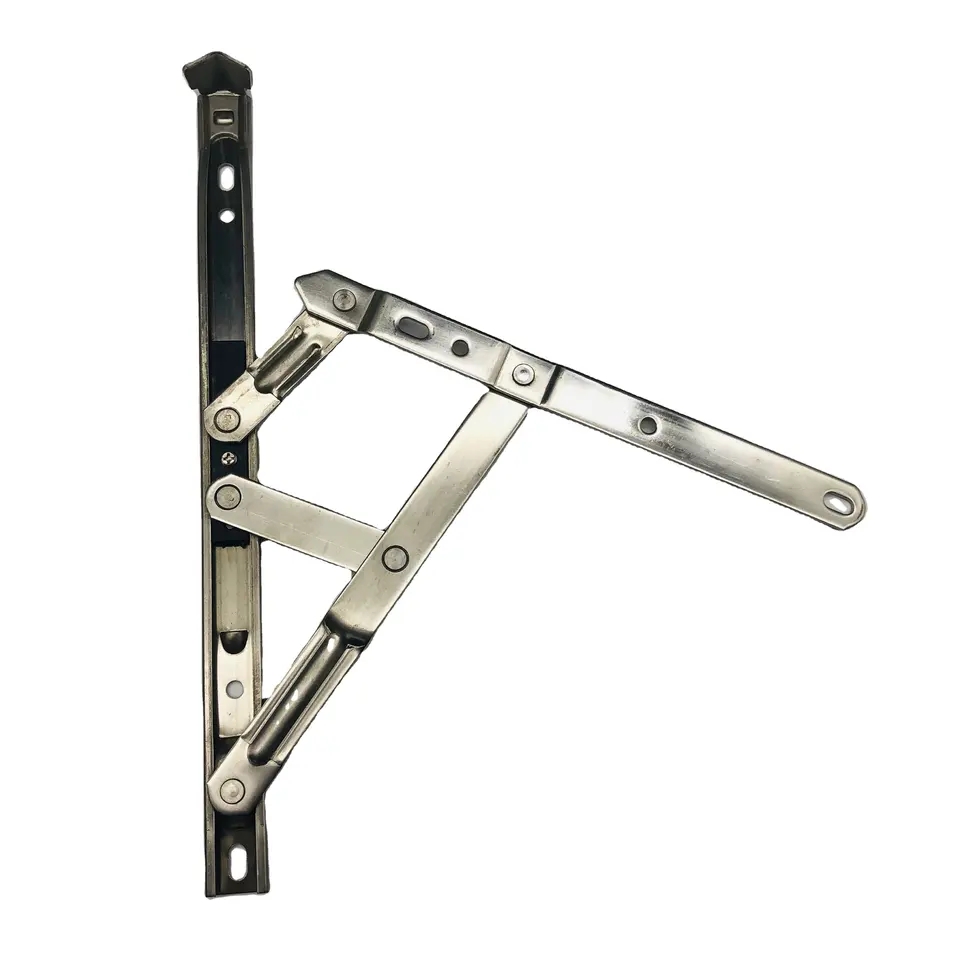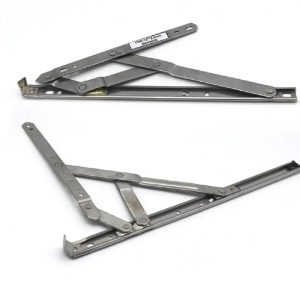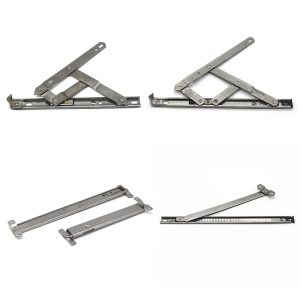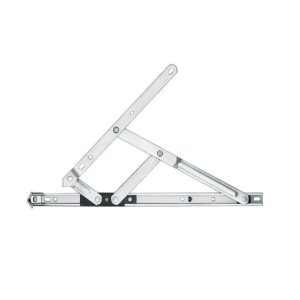Window Hinges: Crafting Harmonious Unity between Aesthetics and Utility in Architectural Design
Introduction
In the dynamic realm of architectural innovation, where creativity converges with functionality, window hinges rise as the artisans orchestrating a seamless fusion between artistic aesthetics and practical utility. These seemingly modest components wield substantial influence, shaping the visual appeal and operational efficiency of architectural spaces. This article explores the captivating interplay between aesthetic allure and functional excellence, elegantly orchestrated by the mechanism of window hinges.
Architectural Choreographers
Window hinges function as the choreographers of architectural movement. They set the pace of interaction between indoor and outdoor spaces, guiding the choreography of how windows open and close. A pivot hinge introduces moments of reflection, while a sliding hinge unveils expansive vistas with the grace of a meticulously choreographed performance.
Design as Expressive Language
The design of window hinges serves as an expressive language that communicates architectural intent. Architects have the creative power to select hinges that resonate with the design narrative, either blending harmoniously or standing out as exquisite accents. The design of these hinges adds depth to a building’s character, narrating stories of heritage, modernity, or aspirational dreams.
Engineering Precision as Architectural Mastery
Beneath the surface elegance resides the architectural mastery of engineering within window hinges. Engineers meticulously calculate forces, friction, and material strength to ensure the hinges operate seamlessly and stand the test of time. This fusion of engineering precision and architectural form elevates hinges from functional mechanisms to refined masterpieces that epitomize the confluence of beauty and purpose.
Aesthetic Harmony in Motion
Window hinges contribute to the aesthetic harmony of moving spaces. Architects can select hinges that seamlessly complement the architectural style, resulting in a harmonious synthesis of form and motion. The interplay between the hinge’s design and the overall aesthetics of the building crafts spaces that are both visually captivating and operationally effective.
Uniting Tradition and Progress
Window hinges act as the bridge between architectural tradition and modern progress. Reproduction hinges pay homage to design elements of the past, while modern hinges incorporate advanced materials and mechanisms. This dialogue between historical legacy and innovative evolution forms a captivating narrative of architectural growth.
Security with Subtle Grace
Modern window hinges seamlessly integrate security measures without undermining elegance. Advanced locking systems and discreet designs offer occupants a sense of security without overshadowing the visual sophistication of a space. These hinges embody the seamless integration of security and finesse.
Advocates of Sustainable Design
Window hinges contribute to sustainable design by enabling natural ventilation and energy efficiency. Architects can strategically position windows to harness natural airflow, reducing the need for mechanical cooling systems. Hinges emerge as champions of environmentally-conscious architectural solutions.
Anticipating the Future of Hinges
As architecture evolves, so will window hinges. With advancements in materials, smart technology integration, and innovative design concepts, the role of hinges will transform. These hinges might embrace automation, adapt to changing environmental conditions, and utilize materials with reduced ecological impact, further blurring the lines between aesthetics and function.
Conclusion
Window hinges emerge as the unassuming artisans weaving together architectural beauty and functional brilliance. Beyond their mechanical function, they encapsulate the very essence of refined design and operational excellence. Architects, collaborating with window hinges, craft spaces that transcend conventional boundaries, inviting inhabitants to partake in the symphony of aesthetics and utility within the ever-evolving canvas of architecture.
